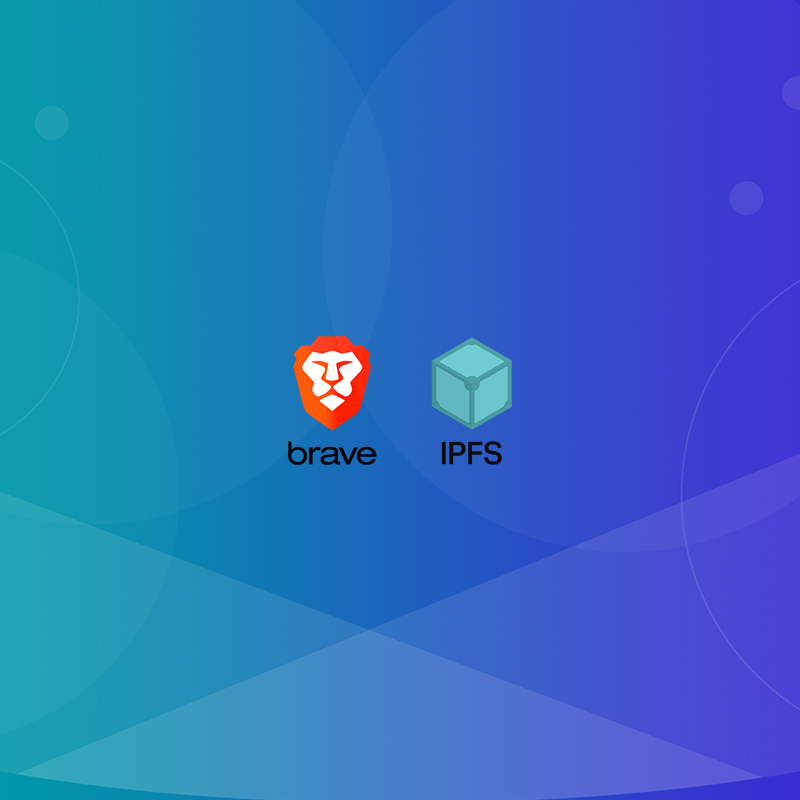
When the web was first invented, it was meant to be decentralized. But things went out differently, when tech companies conquered the ecosystem.
Founder Tim Berners-Lee didn't see this coming. But at least there are steps toward that direction, and one of which, is browser Brave that becomes the first major browser in the market to offer native integration with peer-to-peer networking protocol (P2P).
Through this approach, Brave aims to fundamentally change the way the internet works.
The technology in use is called IPFS, or 'InterPlanetary File System'.
It's a kind of obscure transport protocol that promises to improve on the existing HTTP standard by making content faster to access and more resilient to failure and control.
“IPFS gives users a solution to the problem of centralized servers creating a central point of failure for content access,” Brave CTO Brian Bondy said in a statement, saying that the method is giving Brave users “the power to seamlessly serve content to millions of new users across the globe via a new and secure protocol.”
IPFS at this time isn't a well-known technology. But experts believe that it has the ability to improve file transfer and streaming speeds across the web.
In a traditional HTTP connection, a file is downloaded from a single source at a time, instead of having pieces of it provided by multiple sources (P2P). This makes HTTP a bandwidth hog, and can cost money for both users and data provider.
IPFS can change this by eliminating the need for websites to have a central origin server.
Using P2P, IPFS leverages a distributed file system that seeks to connect all computing devices with the same system of files.
This is giving IPFS that is the brainchild of computer scientist Juan Benet, the capacity to supplement, or even possible replace HTTP.
“We use content-addressing so content can be decoupled from origin servers, and instead, can be stored permanently," once explained Benet.
"This means content can be stored and served very close to the user, perhaps even from a computer in the same room. Content-addressing allows us to verify the data too, because other hosts may be untrusted. And once the user’s device has the content, it can be cached indefinitely.”
By supporting IPFS, Brave that was co-founded by Brendan Eich, can start accessing information from decentralized servers.
This is similar to how BitTorrent works.
Not only this increases reliability, as speed also improves.
Using IPFS, Brave can fetch data that is stored closer to users who are accessing it, regardless of the website's origin server or location.
Going beyond that, IPFS that can also help decrease server costs, can potentially make web content much more resilient to failures or downtime, and more resistant to government censorship.
As an early supporter of IPFS, Brave has been working on this implementation since 2018.
According to Brave on its announcement, IPFS support is being introduced in version 1.19 of the browser. User can access IPFS content directly by resolving URIs that start with ipfs://.
After that, Brave will automatically find the nodes that have have already stored the data of a website users are trying to visit, and fetch the content, without having to totally rely on the website's server.
Users can also opt to install a “full IPFS node in one click,” to turn their Brave browser into a node in the P2P network.
